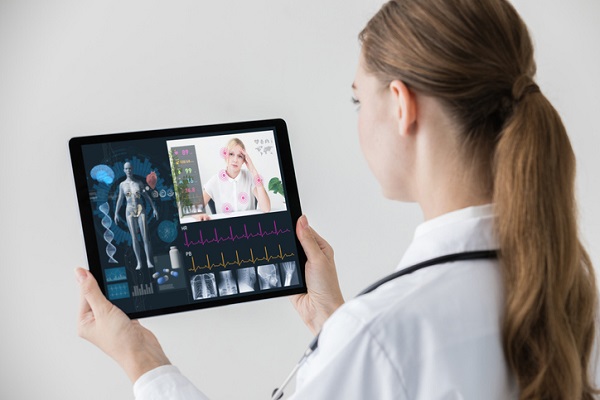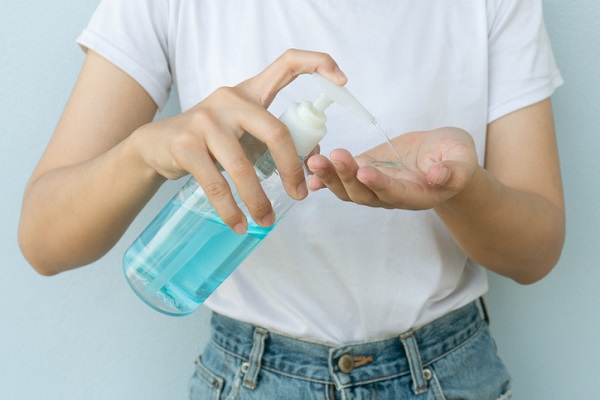If you enjoy working as part of a team and helping others, a career as a medical office assistant could be for you. Medical office assistants are important to the smooth functioning of any healthcare facility, as they help organize appointments, files, and more.
The outbreak of COVID-19 has created a lot of extra pressure for healthcare workers worldwide. Doctors, nurses, paramedics, and medical office assistants are all working extra hours to help tackle the coronavirus and save lives. Read on to find out how medical office assistants are helping to fight the outbreak and support other medical workers and patients throughout this pandemic.
Appointments Are Being Postponed or Conducted Virtually
Since the outbreak of COVID-19, people are being encouraged to stay home and avoid all non-essential contact with other members of the public. This means that patients should avoid entering a healthcare facility unless it is essential. Medical office assistants are offering patients the option to postpone their appointments until after the quarantine period to help mitigate the risk of spreading the virus, or to have their appointment over the phone or through video call.
As part of a medical office assistant diploma program,you will learn the best way to schedule appointments and avoid overlaps. The COVID-19 outbreak has changed the way that healthcare facilities operate, and medical office assistants are being forced to adapt and schedule virtual appointments for patients.

The Importance of Screening Patients
Another way that medical office assistants are helping to stop the spread of the coronavirus is by screening all patients. Screening should ideally take place over the phone when a patient makes an appointment. Alternatively, screening can take place at the entrance when a patient arrives for their appointment. This should include questions such as:
- Do you have symptoms like a cough or a fever?
- Have you travelled within the last 14 days?
- Have you been in contact with someone who has travelled recently?
- Have you been in contact with someone who has symptoms?
If a patient answers yes to any of these questions, the appointment should be moved online or over the phone. If this is not possible and the patient needs to have a face-to-face consultation, they should be kept separate from other patients and given protective equipment like a mask. These additional screening procedures are just one of the many ways that medical office assistants have had to adapt in response to the current pandemic.
Graduates of a Medical Office Assistant Program Need Extra Health and Safety Precautions
After graduating from a medical office assistant course,one of your responsibilities might include greeting patients as they arrive to an appointment. The coronavirus is very contagious and can be transmittedthrough close contact, mainly through droplets when an infected person coughs or sneezes.
To protect medical office assistants, it is recommended that healthcare facilities install a plexiglass barrier at the reception desk. This means that if someone carrying the virus enters the facility, they are less likely to pass it on to the staff. As well as this, the facility can add in extra measures like hand sanitizer, tissues, and masks.

Do you want to find out more about a medical office assistant program?
Contact Oxford College to learn more!







